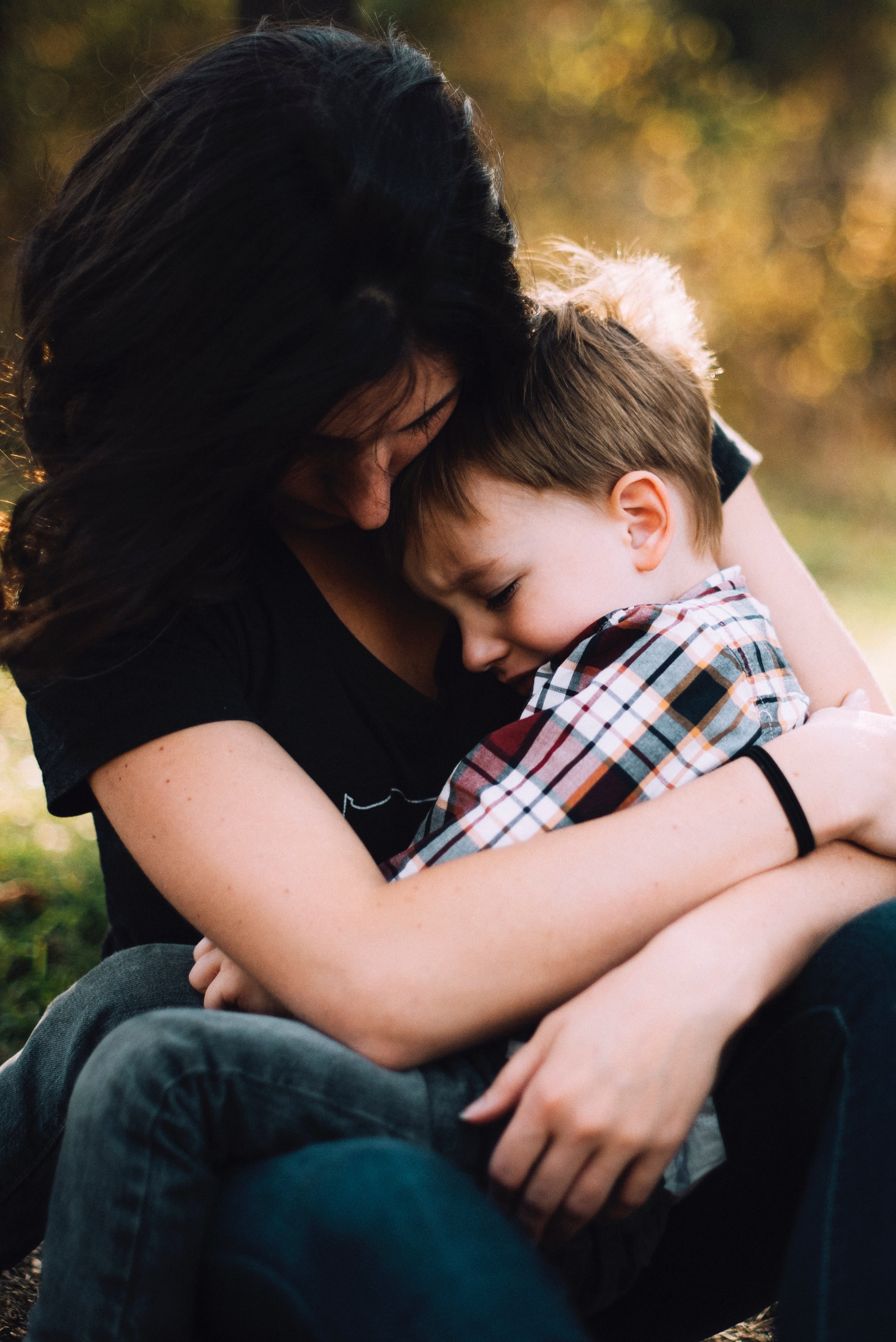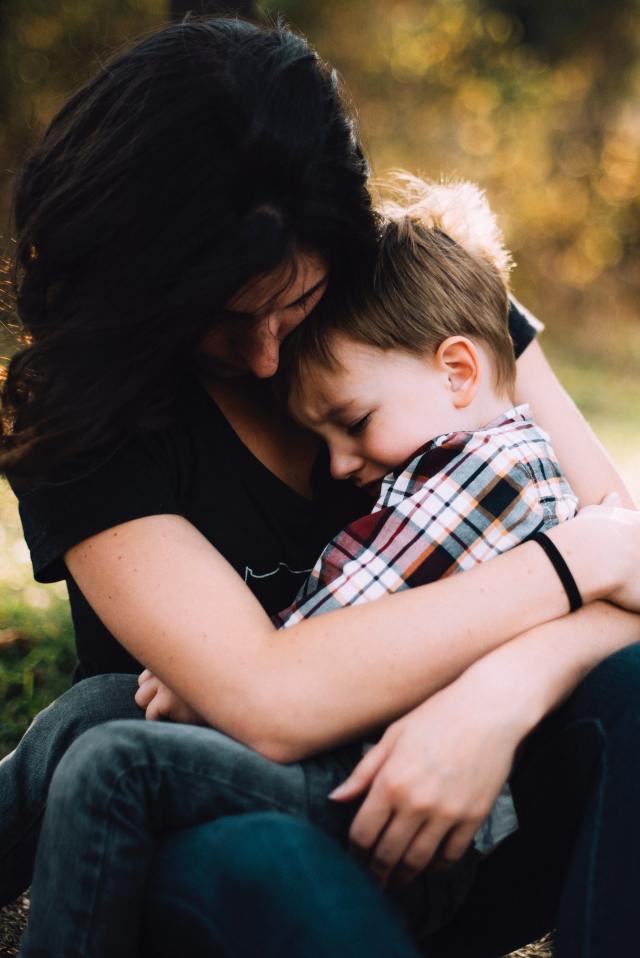
What are “Big Emotions?”
Imagine a toddler throwing a tantrum for the smallest of reasons (or perhaps an adult as well); ie the sandwich is cut incorrectly or my brother is looking at my shoulder…those types of things. In my house, we call these things “Big Emotions” where a kid is feeling strong emotions and they don’t know how to express them in a positive manner, so inevitably a tantrum ensues. Without a doubt, you’ve heard these emotions manifest themselves at the store, in the park, or literally anywhere that children are present. And to be honest, they are kind of awful to deal with.
Just the other day my daughter had a massive meltdown because her brother got out of the tub first. Logical, right? Every kid has these emotions and they can manifest themselves in a number of ways. Yelling, screaming, throwing things, hitting things, etc. And to be honest, I’m dreading the day they learn swear words, not because they’ve started swearing, but because how am I supposed to keep a straight face and not laugh? No parenting book can answer that question.
Ok, back to those big emotions. Big emotions are tough to deal with. Think of a drunk college student who is trying to explain something super important, but instead of talking they just throw up (or perhaps don’t think of that). Not a fun picture and as a parent, it’s especially difficult as you just want to make your kid smile again. It’s agonizing seeing them lose control for seemingly no reason. It’s also incredibly draining; going through a full range of emotions in a manner of minutes leaving you empty and tired. My wife and I are trying to teach our children to calm down by counting and breathing deeply, but it’ll be a long time before we can declare success. Probably about the time puberty hits which will bring a whole host of new challenges.
“The attitude that you have as a parent is what your kids will learn from, more than what you tell them. They don’t remember what you try to teach them. They remember what you are”—Jim Henson
What is perhaps the most difficult part is that it is in these moments where parents need to be at their best. Calm, understanding, and being beyond being patient is what’s needed, not anger and yelling. The children having big emotions are the ones experiencing the problem, not the adult. It is our responsibility to tame the fire with our actions, not to fuel the fire with our mistakes. By doing so, we’re validating our kid’s emotions and teaching them a healthy way in which to express themselves. I recently read a quote that read something like “kids are going to do what you do and not what you say” and I have found this to be 100% true. We see ourselves in our children, and it’s only when our kids start repeating our actions do we realize how perceptive they are (and how much we swear?).
So perhaps if we want our children to be better than ourselves, to reach higher, and to be the person that we know they can be, we set a better example for them to follow. We’ll fail from time to time, but if we keep on trying to teach them healthy methods for controlling and expressing their “Big Emotions”, we’re inevitably teaching them two lessons; how to express themselves and how to not give up. Two birds, one stone.











